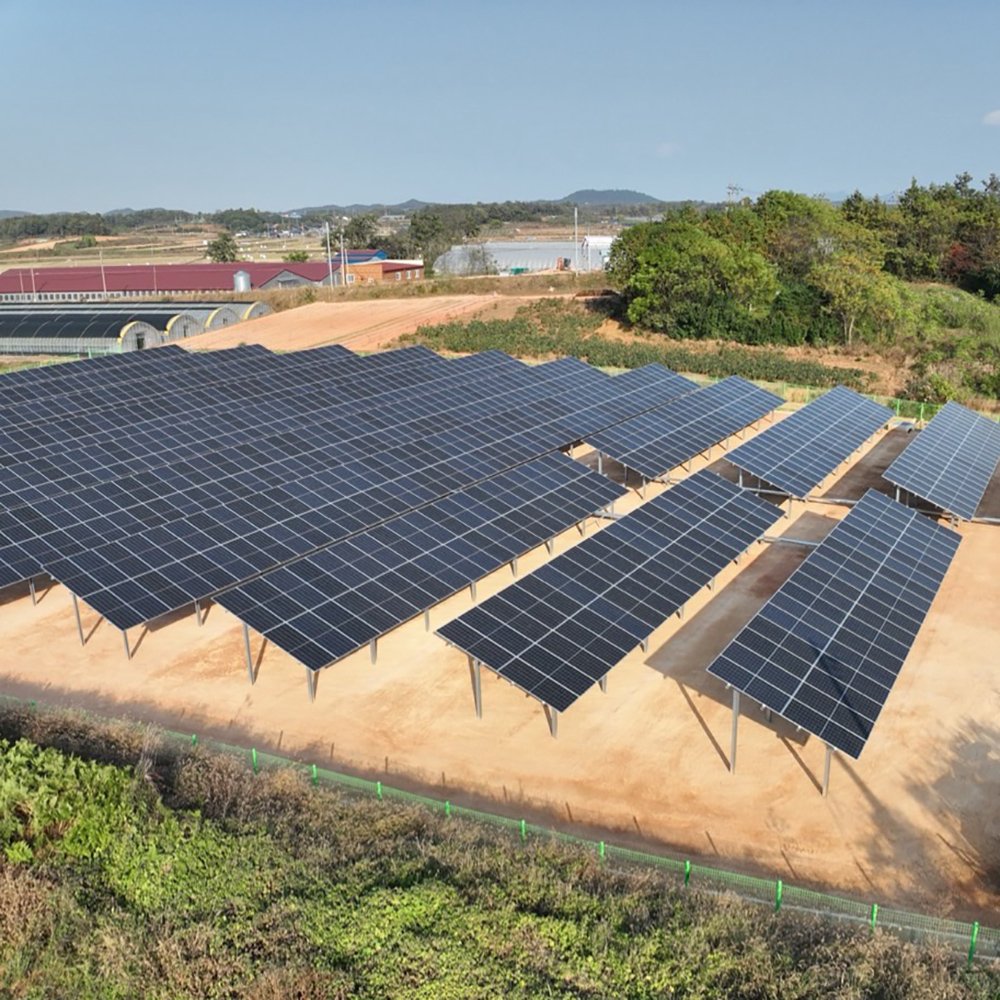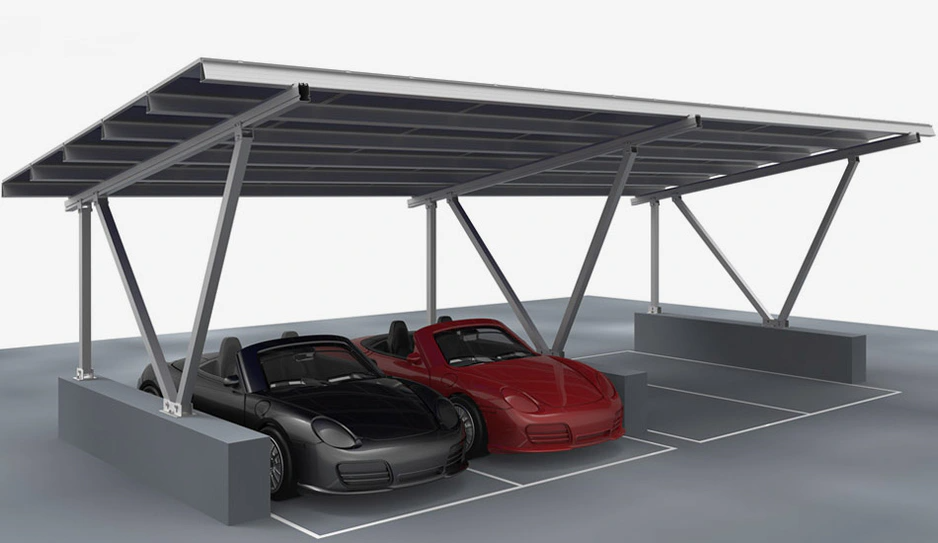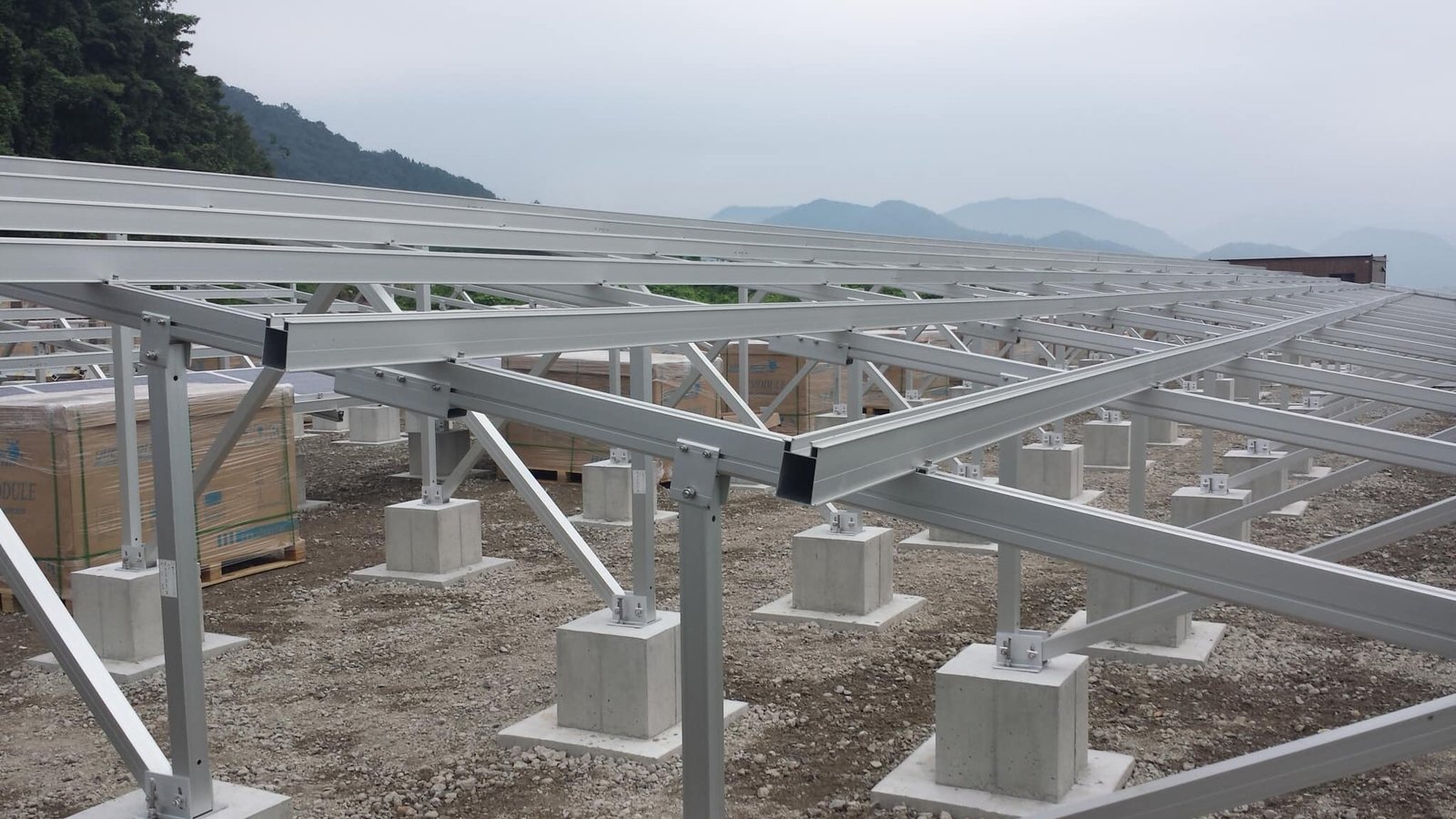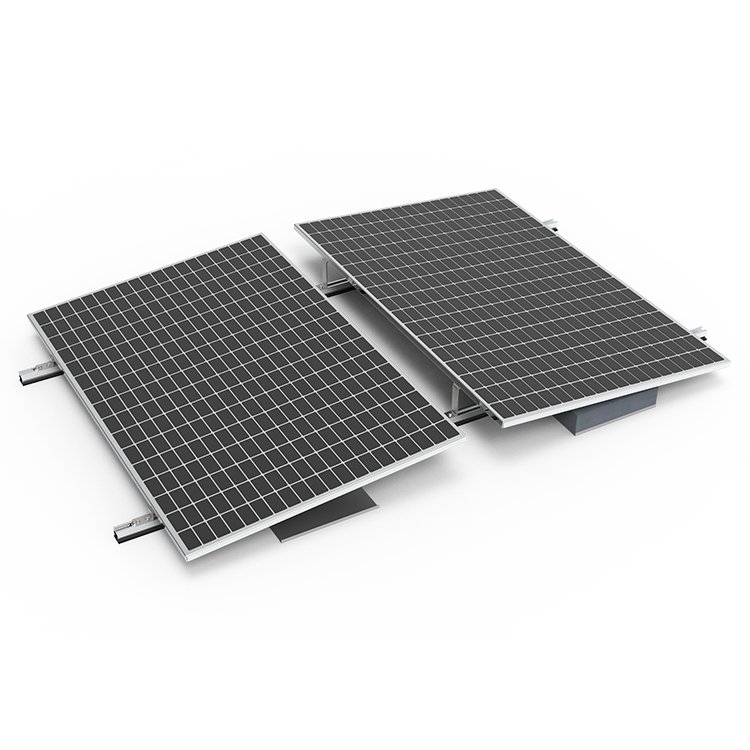-
2103 Room NO.322 Xinggang One Road,Haicang District,Xiamen Fujian,China

Causes and Prevention of Solar Panel Fires
Solar panels, while an excellent source of renewable energy, can pose a fire risk if not properly maintained or if certain factors are ignored. This article will cover the primary causes of solar panel fires, how to extinguish them, and steps to prevent such incidents from occurring.
Table of Contents
Solar Panel Fire Statistics
According to the Consumer Safety Investigation Committee, there were 102 reported fires involving residential solar power systems between March 2008 and August 2016. The majority of these fires were caused by human errors such as insufficient maintenance, wiring issues, improper installation, and lack of fire protection.
Causes of Solar Panel Fires
There are several key factors that can lead to a solar panel fire:
Lack of Maintenance
Solar panels naturally heat up during operation, especially in the summer, and can become a fire hazard if maintenance is neglected. Debris like leaves and dust can accumulate, leading to overheating, which can spark a fire. Roof-mounted systems, in particular, are more prone to maintenance issues due to limited access.
Rapid Expansion of Solar Power Systems
The fast growth of solar installations, driven by incentives such as feed-in tariffs (FIT), has led to an increase in the number of installations. Unfortunately, this rapid growth has sometimes resulted in insufficient checks and poor safety practices, increasing the risk of fires.
2.3 Natural Disasters: Lightning and Earthquakes
Natural events such as lightning strikes and earthquakes can cause serious damage to solar power systems. Lightning, for example, can cause overvoltage, while earthquakes may lead to mechanical damage and wiring shorts.
Product Defects
Defective solar panels or components can also contribute to fires. Panels without proper heat-resistant materials or those with manufacturing flaws are at a higher risk of overheating or electrical failure.
Aging of Solar Panels
As solar panels age, they become more prone to failures such as insulation breakdown, damaged wiring, and reduced performance. This increases the likelihood of overheating or electrical shorts that could spark a fire.
How to Extinguish Solar Panel Fires
Solar panel fires can be extinguished with water, contrary to some misleading information circulating online. However, it’s important to exercise caution to avoid electrocution.
Debunking Misinformation
While social media often spreads incorrect information, it’s crucial to rely on verified sources. The Tokyo Fire Department has confirmed that water can be used to put out solar panel fires, though precautions must be taken to avoid the risk of electrical shock.
Electric Shock Risks During Firefighting
One of the greatest dangers in a solar panel fire is the risk of electrocution, as solar panels continue to generate electricity during a fire. Therefore, it is essential that the system be shut down properly to reduce electrical hazards.
Precautions to Prevent Electric Shocks
When firefighting, the personnel must take extra care not to come into contact with exposed panels. Specialized equipment such as insulated gloves, boots, and protective clothing must be worn to prevent electrical shocks.
Safety Measures When Extinguishing Solar Panel Fires
When attempting to put out a fire involving solar panels, several safety measures should be followed:
Electric Shock Safety
To prevent electrocution, firefighters should use insulating gear like high-voltage gloves, insulated boots, and helmets. Fire departments often use specialized equipment for electrical fire safety.
Fire Safety Protocols
It is important to stop the panel’s electricity production by covering the panels with flame-retardant covers or by removing nearby combustible materials to prevent the fire from spreading.
Glass Breakage Hazards
Solar panels are made of glass, and in the event of a fire, thermal stress can cause the glass to shatter. To mitigate the risk of glass shards, fire crews should avoid using high-pressure water directly on the panels.
How to Prevent Solar Panel Fires
Prevention is the key to avoiding solar panel fires. Here are some effective methods to reduce the risks:
Regular Maintenance
Routine checks and maintenance can help identify potential problems such as faulty wiring, damaged components, or debris accumulation. Proper upkeep will ensure the panels operate safely without overheating.
It’s important to regularly inspect solar cables for any wear or damage, as they are often a primary cause of electrical issues that can lead to fires. For more information on solar PV cables, you can explore our Solar PV Cable for Solar Energy Panels page.

Use High-Quality Panels
Investing in high-quality, fire-resistant solar panels reduces the risk of fire. Panels with fire-resistant materials such as aluminum or galvanized steel can significantly improve safety.
Lightning Protection
Installing proper lightning protection systems, including lightning rods and surge protectors, can protect the panels from electrical surges caused by lightning.
Solar Panel Fire Case Studies
A few real-life examples of solar panel fires include:
- Animal Damage: Wild animals can cause short circuits in solar panel wiring, leading to fires.
- Waterproofing Failures: Poorly sealed junction boxes can lead to electrical shorts.
- Loose Terminals: Poorly tightened terminals can result in overheating.
Frequently Asked Questions
What are the fire risks associated with solar panels?
Solar panels pose fire risks primarily due to natural disasters, installation errors, and poor maintenance.
How are solar panel fires extinguished?
Solar panel fires can be safely extinguished with water, though special care must be taken to avoid electrical hazards.
Is there insurance for solar panel fires?
Yes, solar panel fires are typically covered under standard property fire insurance. Check with your insurer to confirm the details of your coverage.
Conclusion
Solar panel fires, while rare, are a serious risk that requires attention. By ensuring regular maintenance, using reliable equipment, and taking preventive measures like installing lightning protection, you can significantly reduce the risk of fire. Additionally, understanding how to safely extinguish fires and handle potential electrical hazards is essential for maintaining a safe solar power system.








